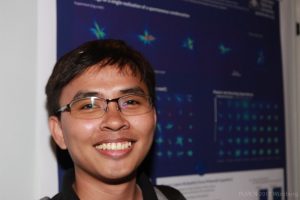Supervisors: A/Prof. Elena Ostrovskaya and A/Prof. Andrew Truscott

Exciton polaritons are bosonic composite particles that are part light and part matter. They are composed of photons and excitons (electron/hole pairs) forming in semiconductor microcavities in the strong light-matter interaction regime. Akin to ultracold neutral bosonic atoms, polaritons can undergo Bose-Einstein condensation. In a Bose-Einstein condensate (BEC), millions of bosons occupy a single quantum mechanical state and display collective quantum behaviour, thus bringing the quantum physics onto the macroscopic scale. As one of the most sensitive and controllable quantum systems, a BEC has applications ranging from precision measurement sensors and metrology standards, through to tests of the fundamentals of quantum mechanics.
The exciton-polariton BEC has many similarities with the BEC of neutral atoms, but can be obtained at both cryogenic and room temperatures in a solid state. Observation of the first exciton-polariton BEC in 2006 has prompted the emergence of polaritonics – a new field of optoelectronics that employs collective quantum effects in solid state, cost-effective devices.
The ANU Polariton BEC group and laboratory conducts both experimental and theoretical studies of fundamental properties of exciton-polariton condensates and their manipulation by structured pumping and external potentials. Students joining the group can be involved in the following lines of investigation:
- Non-Hermitian quantum physics of exciton-polaritons
- Ultrafast transient dynamics of spontaneous condensation
- Exciton-polarioton condensatiion in periodic “superlattices”
- Strong light-matter coupling in novel atomically thin materials
This project can be tailored to suit PhD, Masters or Honours students.
If you have any questions, please contact A/Prof. Elena Ostrovskaya at elena.ostrovskaya@anu.edu.au.
Interested applicants must meet ANU PhD entry requirements. See http://www.anu.edu.au/study/study-options/doctor-of-philosophy-phd for more information on applying for a PhD project.

